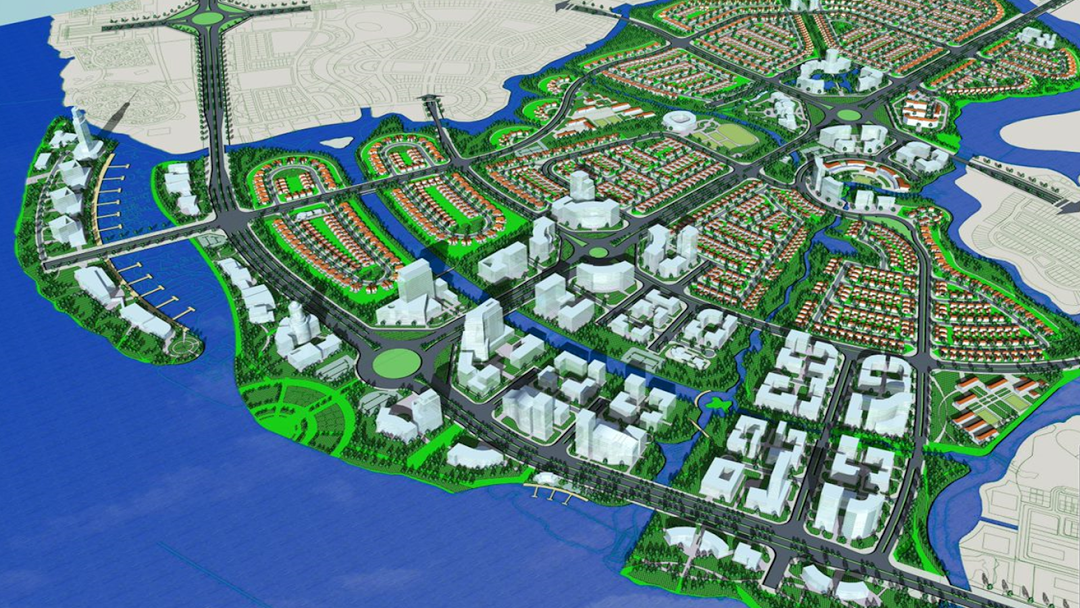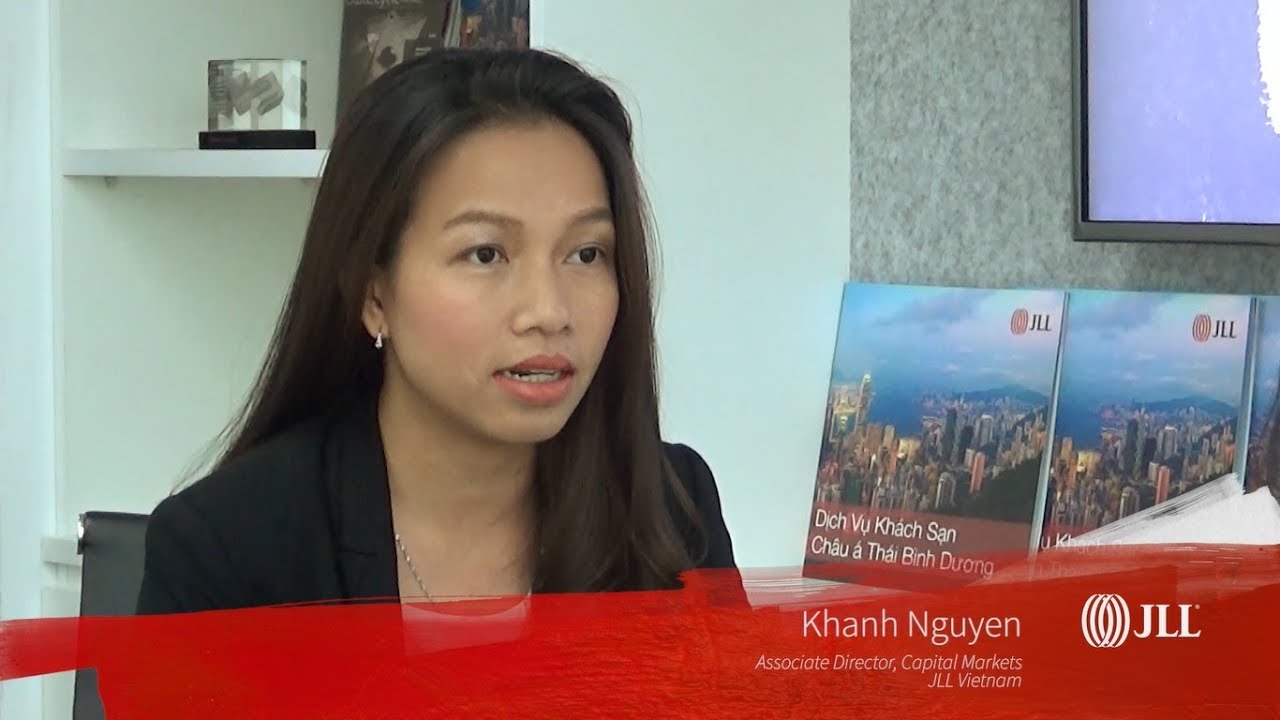
Vietnam’s strong economic growth in the first six months of 2019 has fueled the real estate sector through a series of merger and acquisition (M&A) deals.
Over the course of the first two quarters, Vietnam witnessed a total registered FDI streamlining into real estate of $1.32 billion, a decrease by 76 per cent on-year. In the first half 2018, there were $5.54 billion flowing into the nation, with large investments initiated by two major projects of Smart City in Hanoi with total investment capital of $4.1 billion by Sumitomo Corporation and Laguna project in Hue with an additional investment of $1.1 billion made by a Singaporean investor.
However, the good sight results from good macroeconomic fundamentals in the first half (H1) namely GDP growth rate of 6.8%, inflation stable at 3% against the same period last year, pledged foreign direct investment (FDI) at US$18.47 billion, and record import-export turnover at US$245 billion.
Registered FDI into real estate for the period is still higher than those recorded in the same period of 2016 and 2017, at approximately $0.6 billion and $0.7 billion respectively.
In addition, strong sentiment from the recently-signed the EU – Vietnam Free Trade Agreement (EVFTA) has enhanced Vietnam’s position in its international integration process and competitiveness.
In that context, Vietnam’s real estate market starts off with Keppel Land’s divestment of Dong Nai Waterfront project.
According to a recent report by JLL Vietnam, Keppel Land divested a 70% stake from Dong Nai Waterfront City (DNWC) with total proceeds of VND 2.3 trillion (US$100 million). After the move, Keppel Land and Nam Long Investment Corporation will jointly develop a 170-ha residential township located in the southern province of Dong Nai.

Nam Long took over 70 per cent stakes in the Dong Nai Waterfront City project from Keppel Corporation.
Recently, Keppel Land has also announced its acquisitions of three land parcels in Ho Chi Minh City. Through its wholly-owned subsidiary, Keppel Land has entered into a conditional sale and purchase agreement with Phu Long Real Estate Corporation to acquire a 60% interest in the three sites with proceeds of VND1.3 trillion (US$56 million).
Spanning 6.2 hectares in the Nha Be District, the three sites are situated along Nguyen Huu Tho thoroughfare. The partners plan to develop a total of 2,400 premium apartments with ancillary shophouses, which will offer around 14,650 sqm of commercial space, on the sites. The total development cost for the project, inclusive of land cost, is expected to be in excess of VND7.4 trillion (US$320 million).
Meanwhile in Hanoi, Lotte FLC Joint Stock Company, a joint venture between FLC Group and Lotte Land (a subsidiary of Lotte Group), has been formed with registered capital of VND556.5 billion (US$24.1 million) to focus on real estate projects, according to the National Agency for Business Registration.
Lotte Land will own 60% of Lotte FLC and the remaining stake is held by FLC and its affiliates. Local media reported FLC Chairmain Trinh Van Quyet said at a recent general shareholders meeting that the joint venture will be developing a 6.4-ha land plot in Dai Mo ward, Nam Tu Liem district, Hanoi.
Investors’ next moves: shifting to neighboring provinces
According to real estate and investment management services provider JLL, as there have been investigations carried out by Vietnamese authorities targeting property projects that were allocated inefficiently in the past, either not through formal bidding process or sold at cheaper price than market price, profits for property developers and investors in the short term would be affected.
The recent crackdown on corruption might leave some impacts on real estate sector as local authorities have launched some investigations into property projects.
“We expect that ultimately it would help the sector overall as transparency would improve, ensuring fair practices in the market and boosting both foreign and investors’ confidence to invest in Vietnam’s real estate sector,” noted Khanh Nguyen, senior director of Capital Markets at JLL Vietnam.

Khanh Nguyen, senior director, Capital Markets at JLL Vietnam. (Photo: JLL)
In addition, the lack of “clean” and “clear” land reserves for residential and commercial projects in the central business district (CBD) or in the city’s well-known areas has resulted in a shifting towards provinces outside Hanoi and Ho Chi Minh City, said Khanh Nguyen.
The notable cases include Novaland with their Aqua City township project in Long Hung, Dong Nai province, Nam Long with Dong Nai Waterfront and their last year’s acquisition of 45-hectare Dai Phuoc Paragon township in Nhon Trach, Dong Nai.
“Although there are a number of new developers and investors who are looking at these emerging areas, we note that the majority is still dominated by local or foreign groups who have been long-established in Vietnam,’ said JLL.
As US-China trade tensions have escalated recently, the trend of manufacturing shifting away from China to the Southeast Asia region will continue to benefit the whole region, including Vietnam.
Khanh Nguyen forecast an increasing number of investors looking for industrial and logistics investment would form joint ventures with local developers and/or acquisition of land through M&A deals.
The lack of high specification, modern logistics warehouse space, and strong demand from regional occupiers are supporting the potential growth of this industry, she said, adding that quality of assets, rental growth, deal size and land tenure are crucial factors for investors’ investment decisions.
“We expect foreign investors to continue showing their keen interest and strong commitment in Vietnamese real estate market, and that the market still has the potential for growth. Although the M&A activities might potentially occur at slower pace and lower frequencies in remaining two quarters due to lack of ‘clean’ and ‘clear’ projects readily available to invest, we forecast that the current investigation would ultimately improve transparency in the market. This would ensure Vietnam’s competitiveness and attract even more investors from the region,” commented Nguyen of JLL.


















